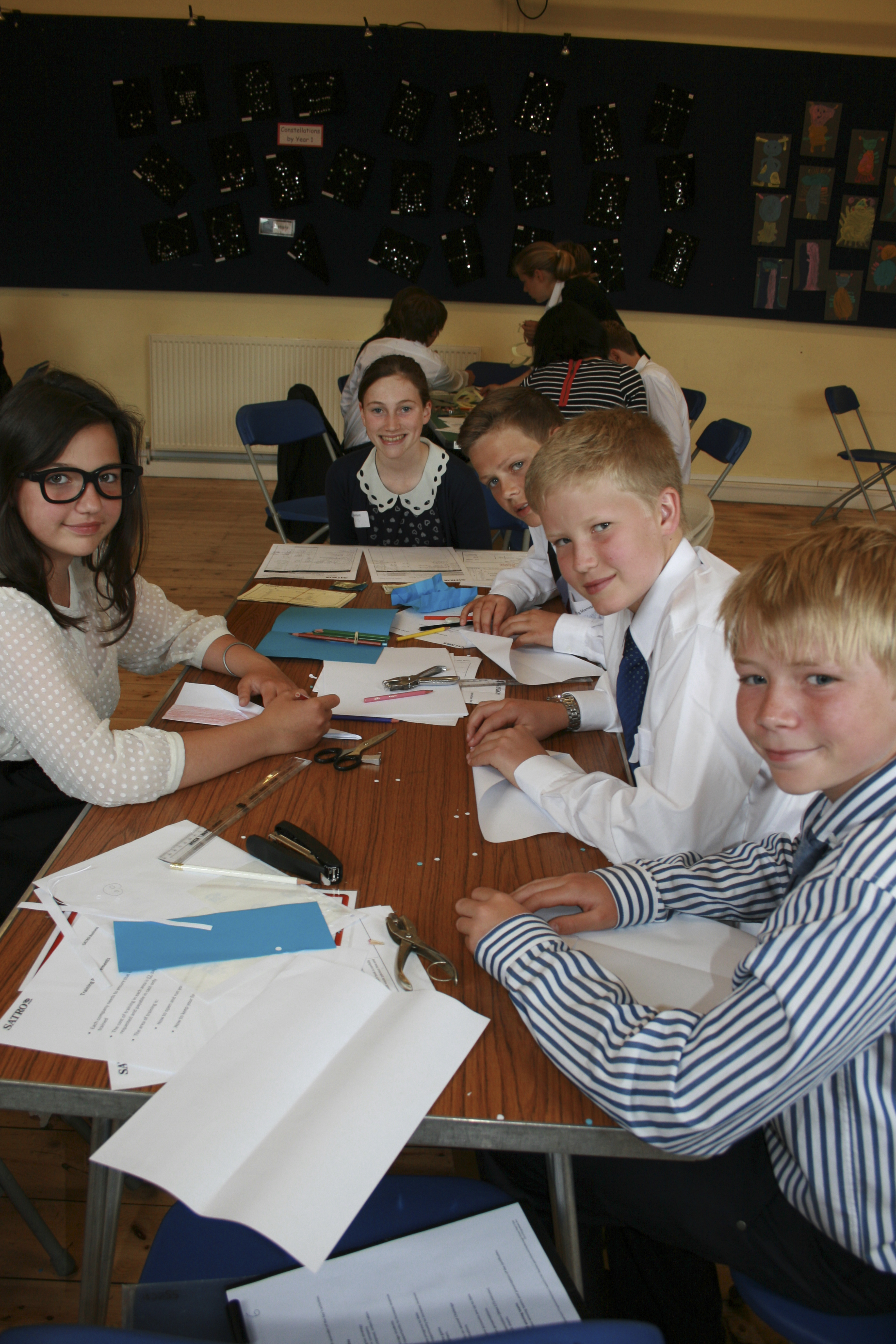In the UK we encourage students to go all the way in education and pass as many qualifications as possible – the more qualifications you get, the better the job, the better the pay. But is that always true? And what about work skills?
Those at schools, colleges and universities need regular exposure to people already in the workplace who can offer them an insight into how they could use their skills to make a living as a full time employee or freelancer.
During my career in advertising design some of my UK and overseas agency clients would hire me to recruit and train junior creative staff. Back in the 1990s I started to notice a decline in the UK candidates’ studio skills – they were as creative and dynamic as any previous generation but couldn’t progress their ideas beyond the concept stage to the real commercial world.
These experiences inspired me to create the RBP Design Bootcamp Workshops to help students make the transition from education into work.
By the time students leave full time education they really should have a good idea about the kind of work they’re interested in. They should be using social networking sites like Twitter, Facebook and LinkedIn along with their own website and Blog to raise their ‘professional’ profile and should also be targeting and establishing contact with potential employers or clients.
For those uncertain about a career I’d recommend a ‘gap’ year or two. Get out there, travel, join a charitable organisation and work for them in the UK or overseas. Qualifications are great but ‘real life experience’ on your CV makes a real difference and gets you noticed.
For those unlucky enough not to have received work preparation skills there are websites that offer basic interview techniques, CV creation – for more promising candidates some can arrange internships and ‘one day’ work placements. Some give information for free, others charge. There are also websites that specialise in jobs for students and graduates eg. www.indeed.co.uk but candidates must ensure they are fully prepared otherwise CV creation and interviews can become major hurdles.
I have always preferred face-to-face work preparation. Now, of course, I would say that, but this enables participants to request bespoke content, ask questions, have work critiqued from an industrial perspective and, most importantly but rarely addressed, start to learn the basic psychology of working for and with people.
When I graduated from the London College of Printing in 1979 I immediately set up a freelance practice. I know being self-employed is not everyone’s ‘cup of tea’, but it is a viable alternative while waiting to secure full time employment and that’s why I urge all my students to carefully consider this option.
For more information on Peter’s creative industry workshops, and to book a place, see www.rbpdesignbootcamp.co.uk
- words: Peter Micklewright
You may also like
Great Expectations
Mike Piercy, education consultant and former Head of The New Beacon, gives his opinion on tutoring There’s nothing wrong with ambition; indeed it is to be praised. Encouragement of ambition is inherent in parenthood and teaching.I have something of a...
Creative Thinking
Online educators, Technology Triumphs, talk us through their approach “There is no doubt that creativity is the most important human resource of all,” – Edward De Bono, the originator of the term lateral thinking.Despite this, creative pursuits have been seemingly...
5 Top Tips to get exam ready
Help your child navigate exam season with help from the experts It is no secret that, for some students, the exam season represents a stressful time. Antony Nesling and Beverley Bloem, Diploma Coordinator and High School Counsellor at ACS International...










